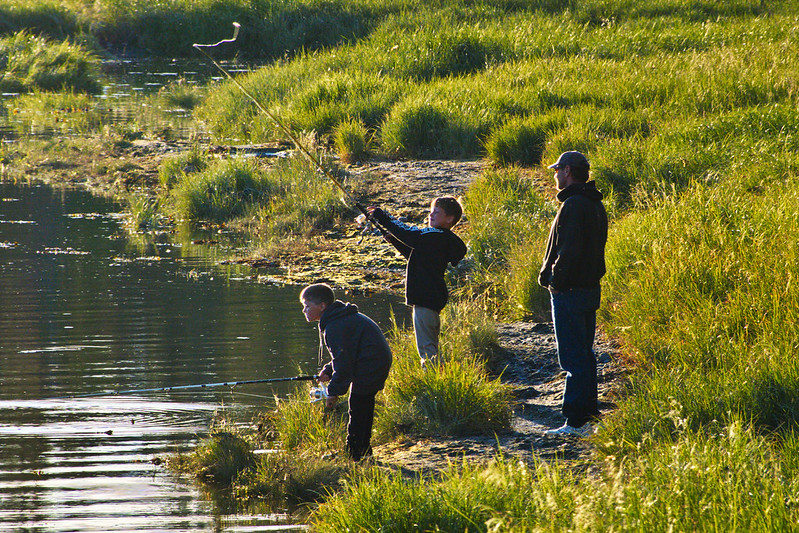Nutrients down(ish), salts up in U.S. rivers
A new report from the U.S. Geological Survey (USGS) has found some disturbing — but uneven — trends in American rivers over the last generation.
Between 1982 and 2012, efforts to address nutrient runoff (such as nitrogen and phosphorous) helped to hold urban water pollution levels in check, but largely failed to address agricultural sources. And in all areas where people live and work, freshwater salinity increased due to road salting, water softeners, and farm processes.
According to the USGS report authors, "While efforts to control nutrients are ongoing, rapid salinity increases are ushering in a new set of poorly defined issues. Increasing salinity negatively affects biodiversity, mobilizes sediment-bound contaminants, and increases lead contamination of drinking water, but its effects are not well integrated into current paradigms of water management."
This nationwide trend mirrors what we are seeing in Minnesota's rivers.
As we noted in the 2016 State of the River Report, chloride levels in the metro Mississippi River increased 81 percent between 1985 and 2014. While chloride levels in the Mississippi are still low because of its large volume, many nearby lakes and tributaries that connect to the river aren’t so lucky. According to state data, 50 bodies of water are already impaired by chloride and another 75 are high risk.
FMR is part of a coalition of organizations working together to advance chloride reduction legislation, using a voluntary certification approach.
Join us!
Your voice is essential to our efforts to protect, restore and enhance the Mississippi River. From reducing pollutants to passing strong rules to guide local riverfront development, many of FMR's victories are thanks to our strong base of advocates.
Sign up to become a River Guardian, and we'll email you when an important river issue arises and make it quick and easy to contact decision-makers. River Guardians are also invited to special events, including happy hours, about important legislative and metro river corridor issues.
